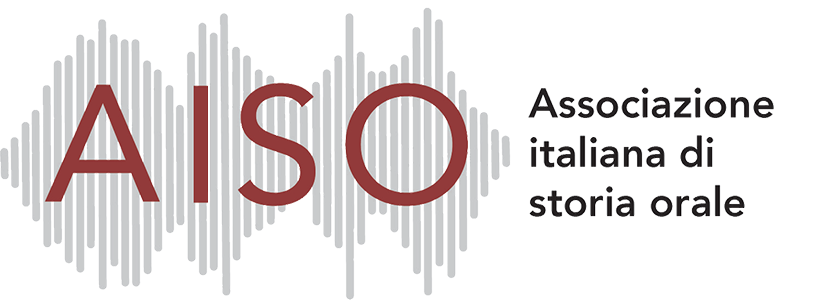 MEMORY AND MEMORIALIZATION. REPRESENTING TRAUMA AND WAR
MEMORY AND MEMORIALIZATION. REPRESENTING TRAUMA AND WAR
Transitions UMI 3199
CNRS & NYU Center for International Research in
the Humanities and Social Sciences
4, Washington Square North,
New York, NY 10003
2d floor
Institut des Systèmes Complexes,
57/59 rue Lhomond
75005 Paris
.
New York University & CNRS Center for International Research in the Humanities and Social Sciences,
UMI 3199 “Transitions”, the National September 11 Memorial & Museum, the Mémorial de Caen (France),
Cité de l’Histoire pour la Paix, announce a new seminar series on history, memory, and memorialization. The
seminars are central to the multidisciplinary research project, “Memory and “Memorialization” : Representing
Trauma and War.” Financed by the French Embassy in Washington’s Partner University Fund, the project
brings together many of the world’s leading academic experts and researchers on memory (in its historical,
socio-cultural and neurological manifestations) with top museum professionals whose charge is the development
and operation of contemporary memorial museums.
We focus on four prominent issues:
1) the perception and representation of historical events;
2) the complex relationships between history and memory;
3) the workings of trauma and resilience;
4) the cognitive and neurobiological dimensions of memory.
Our efforts to address these issues cut across a variety of disciplines in the humanities, social sciences, cognitive
and neurosciences and involve scholars from NYU, the CNRS, and other institutions of higher learning
plus representatives of the Memorial de Caen and the National September 11 Memorial and Museum.
.
.
Le CNRS, New York University, le Mémorial de Caen et le National September 11 Memorial &
Museum ont engagé en 2009 un programme de recherches consacré à la mémoire et à la
mémorialisation. Ce programme a une double originalité : il associe les scientifiques et les
professionnels des musées‐mémoriaux ; il se veut résolument transdisciplinaire, dans le sens où
spécialistes des sciences humaines et sociales, psychologues et psychanalystes, cognitivistes et
neuroscientifiques se retrouvent non seulement pour échanger sur leurs approches, mais pour
construire, en commun, des objets d’études.
Le séminaire de recherche scande le projet collectif. Cette année, il portera sur : « Tri, oubli,
occultation et négation ». Trois séances se tiendront à paris, trois autres à New York et un colloque
d’étape est prévu, cette année, au mémorial de Caen les 6 et 7 mai prochains. Chaque séance obéira
au même protocole : un(e) chercheur(e) présente un exposé de 30 à 35 mn ; un(e) discutant(e) dans
la même discipline et un(e) autre dans une discipline tout à fait différente ouvre le débat et peuvent
s’appuyer sur un texte d’une vingtaine de pages fourni par l’intervenant principal.
Programme du séminaire parisien :
1. Paris, vendredi 4 décembre 2009, de 14h à 17h (Institut des Systèmes Complexes, 57/59 rue
Lhomond, 75005)
• Présentation du projet par Denis Peschanski
• Marie‐Claire Lavabre : « L’oubli des grands auteurs. L’oubli chez les grands auteurs »
•Discutants : Sandrine Lefranc, politologue, et Marie‐Christine Laznik, psychanalyste
2. Paris, vendredi 5 février 2010, 14h à 17h (Institut des Systèmes Complexes, 57/59 rue
Lhomond, 75005)
• Débat avec Jan Gross, intervenant du premier séminaire américain (en visioconférence)
• Henry Rousso : « Comment aborder la question de l’absence en histoire »
• Discutants : Denis Peschanski, historien, et Boris Cyrulnik, psychologue
3. Paris, vendredi 26 mars 2010 ; de 14h à 17h (Institut des Systèmes Complexes, 57/59 rue
Lhomond, 75005)
• Débat avec Carol Gluck, intervenant du deuxième séminaire américain (en visioconférence)
• Yves Burnod et Katia Dauchot, « Les dynamiques cérébrales de la mémoire »
• Discutants : Valérie Doyère, neuroscientifique, et Stéphane Grimaldi, directeur du
mémorial de Caen.
Si vous souhaitez assister à ce séminaire, contactez Denis Peschanski (peschan@univ‐paris1.fr) pour
Paris et Edward Berenson (edward.berenson@nyu.edu) pour New York.
